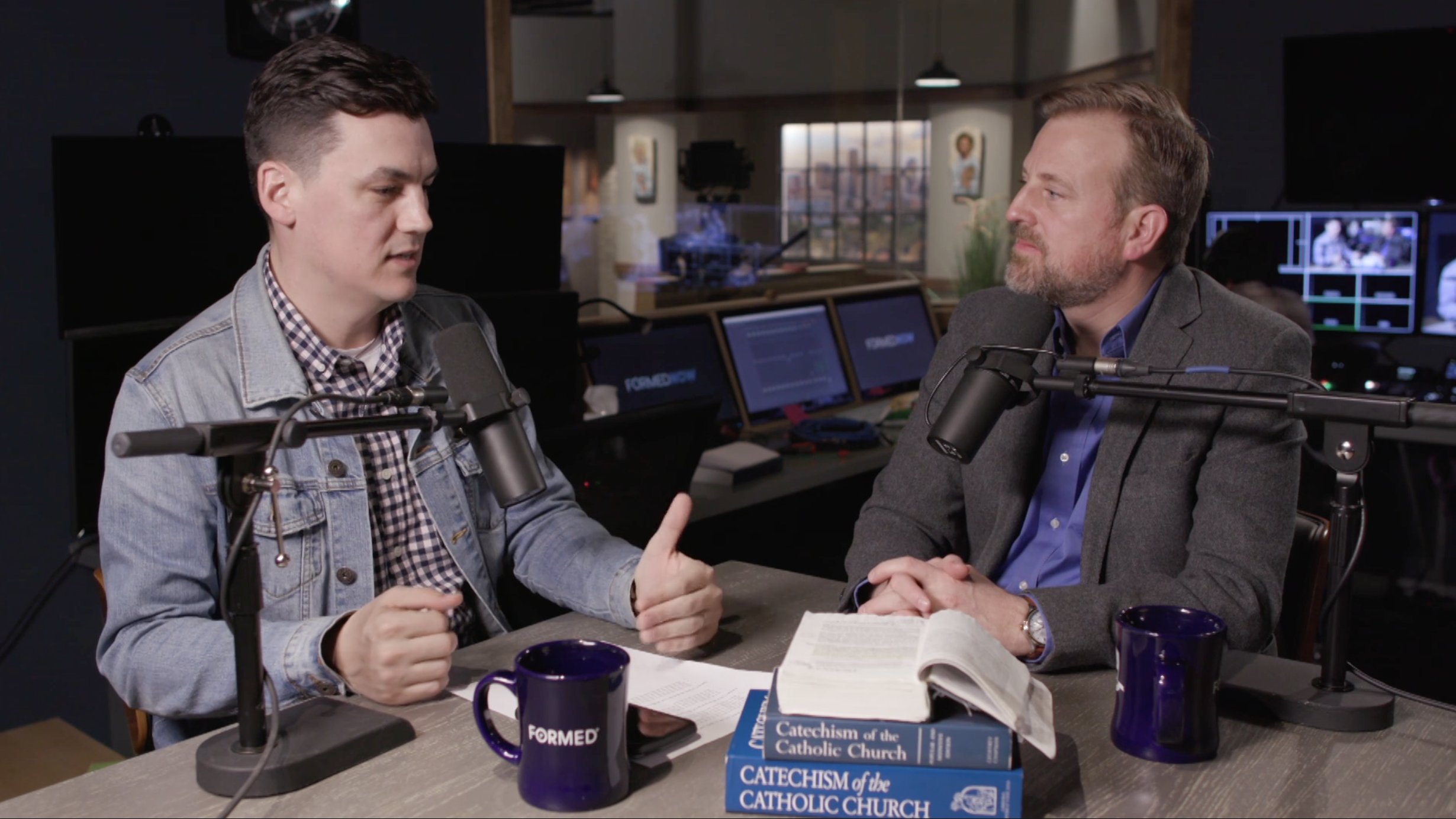CATHOLIC MINISTRY +
THE CREATOR ECONOMY
FREE RESOURCES
Ministry Problem-Solving Coaching Sessions
Feeling stuck? Schedule a free ministry problem-solving session.
Catholic Parish Minister’s Toolbox
Get access to a database I’m constantly updating with all my favorite resources and tools that help in parish ministry.
Parish Minister Effectiveness Assessment
Discover your personal parish ministry score across the 8 key areas of the Rule of Life of the Parish Minister.

The parish is the primary community in which evangelization takes place.
— Redemptoris Missio, 49
Catholic Parish Ministry ☕️
Catholic Parish Ministry ☕️
Discover your scores in 7 key areas of Catholic Parish Ministry and receive a personalized report and growth plan with this free assessment tool.
WHERE I’VE APPEARED:
Accelerate Your Parish Ministry
Catholic Parish Ministers Membership Community
Join the community where Catholic Parish Ministers unlock their ministry, think like directors, and defeat burnout forever…together.
Pocket Catechism
Get the bestseller, a sturdy little pocket catechism that can withstand the spills and thrills of parish ministry.
Prophetic Parish Vision Casting
Learn to create unmistakeable movements in your parish ministry and speak life into dry bones.















